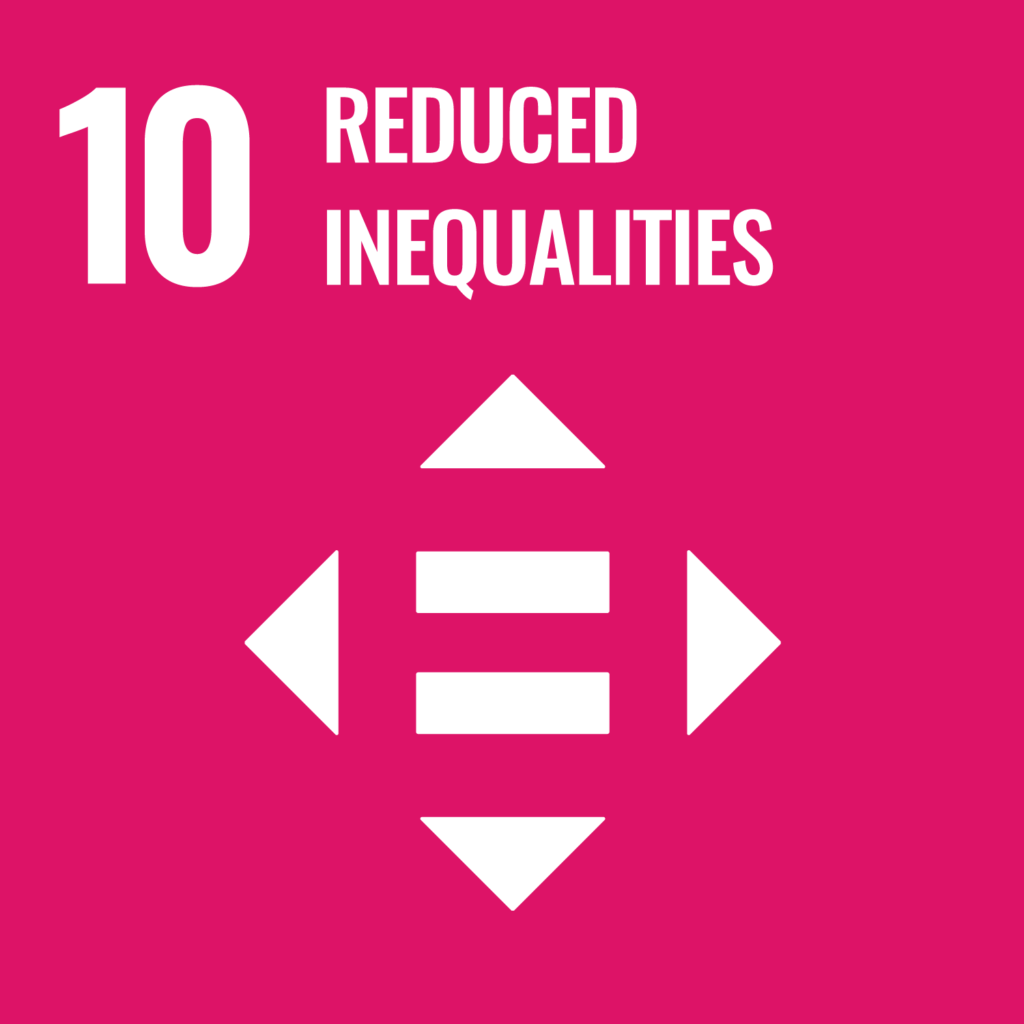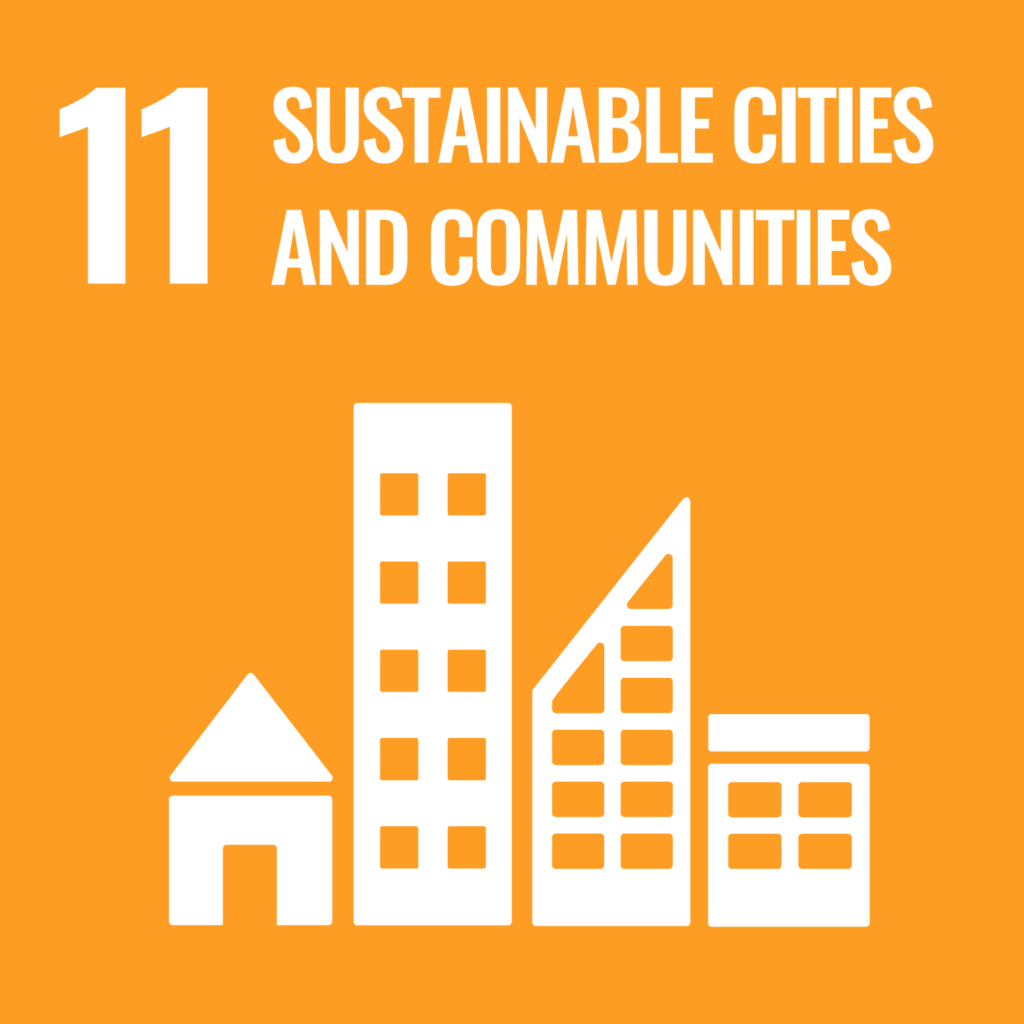Increase in proportion of clients, who received rent or bond payments, with sustained housing
Our Private Rental Assistance Program (PRAP) and PRAP Plus program help keep people in the private rental market and away from entering the trauma of homelessness. This also reduces further pressures on the homelessness service system. Evidence shows that providing support that prevents homelessness occurring leads to better and more sustained housing outcomes.
3,343
Clients received rental support this year.
165
Return clients, less than 5% return clients.
Our work contributes to the SDGs




Recent research on entry point service across different agencies shows that only three out of ten people who were experiencing homelessness were positively housed, whereas eight out of ten people at risk of homelessness who were provided help successfully kept their housing.
The last 12 months has seen significant pressures in the rental market with rents increasing, numbers of new lettings decreasing, and the cost of living rising. As the number of affordable rental properties tightened, we assisted an increased number of people with rent arrears and fewer people with establishing new tenancies.
More people who were employed have sought our help with rental assistance. Our data from the last four years indicates a steady increase in the proportion of clients who are employed requiring financial assistance with rent. In 2019/20, 9.5% of the people we assisted were employed; this is now 20%. Those who are employed tend to be casual or part time workers on low incomes.
Increase in clients, who received rent or bond payments, with sustained housing
Single parent households continue to be the largest group of people assisted by PRAP. This year 1,417 families were assisted and of those, 903 or 64% of families were single parent households.
PRAP Plus works with people who require additional support to establish or maintain their housing and address issues which are contributing to the risk of tenancy breakdown. PRAP Plus assisted 252 households this year. After being supported by Launch Housing, 216 PRAP Plus clients (86%) had successfully maintained their tenancies and/or were living in a new secure long-term home.
Number of clients who received rental support last year seeking support this year (Return clients)
This year, 165 out of our 3,473 clients who received PRAP support in 2021/22, returned to Launch Housing for emergency accommodation. This group of clients reported experiencing many of the drivers of homelessness that led them to lose their tenancies, including family violence, the cost-of-living crisis resulting in rent arrears, and paying more than 30% of their income on rent, exposing them to rental stress. The vast majority of ‘return clients’ were single people and only 10 families returned to our services.
“I truly appreciate the assistance organisations like yours offer. You paying that amount for me means I have 2 1/2 weeks to catch up on the current month’s rent and get myself back in the black as opposed to constantly being that month behind no matter how hard I try. I can’t thank you enough.”
– Launch Housing client.
Looking ahead
We anticipate that the very tight and increasingly expensive rental market will continue to see low-income households under pressure and the trend towards more assistance needed with rent arrears to continue. It is crucial to keep people housed to prevent homelessness, which will also ensure that the homelessness system is not put under further pressure.
Thanks to our partners

Our impact would not have been possible without the support of our partners, particularly the REA Group donations to the National Rapid Rehousing Fund. This support enables Launch Housing and seven other community organisations around the country to provide rapid support to people experiencing family violence and homelessness to establish or maintain housing.
